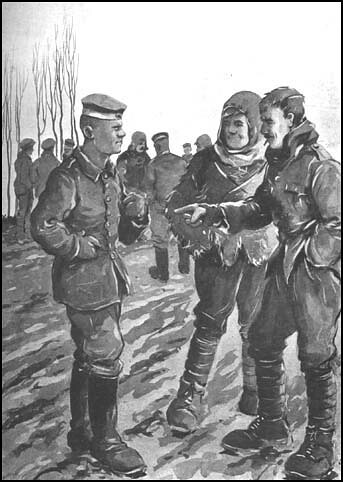 I’m a glutton for punishment, I guess. Below are some resolutions for 2007.
I’m a glutton for punishment, I guess. Below are some resolutions for 2007.
- Become a better, more Kingdom-minded Christian servant. I can already predict that this one will be hard to quantify on December 31st, 2007. But who knows?
Specifically, I want to develop a more purposeful ministry to the young singles group Jill and I are leading; especially among the guys. I don’t have a lot of ideas at the moment . . .
- Get into a better daily Bible reading discipline. My current plan is to use the ESV Chronological plan.
- Become a better reader. I read a lot, but I tend to just re-read things I’ve already read, or read things piecemeal and inconsistently. Many other bloggers I’ve seen keep track of what they read each year (and generally I’m completely amazed by the sheer volume or reading some of these people are capable of!). I used to think that keeping track of a year’s worth of reading was somewhat presumptuous, but I’m beginning to understand that taking stock of yearly reading can be a good thing. That’s what I plan to do this year.
Part of becoming a better reader for me will be to concentrate on one book at a time until I’m finished. I’m a great book starter, and a poor book finisher.
- Start exercising. This is such a no-brainer . . .
- Release the 1.0 production version of Bloo. This should be very doable as I’m currently working on the second of three planned Beta releases prior to version 1.0.
- Make discernable progress on my novel. I’m not saying I need to finish it, but I’ve got to get Toni out of that hallway, Michael off that phone, and Daniel out of Piper’s office where they’ve been languishing, frozen in chapter 6, for years. There’s a story in there and I need to dig it out. (In my defense, Bloo has been my “novel” for the last two years.)
- Be a better employee. I had a talk with my boss a few weeks ago, and it looks like 2007 is going to be one heck of a year, work-wise. There are changes coming, and new duties coming my way. To be honest, I have anxiety as to how ready I am for it all.
We’ll see in a year how I did on these. Thank goodness for God’s grace, which never fails even when I do.
Happy New Year!

 “A toast . . . to my big brother, George. The richest man in town!” – Harry Bailey
“A toast . . . to my big brother, George. The richest man in town!” – Harry Bailey






 A Merry Christmas to you all.
A Merry Christmas to you all.
 Yet on Christmas day, 1914,
Yet on Christmas day, 1914,  My Bro Kevo came through with this new
My Bro Kevo came through with this new